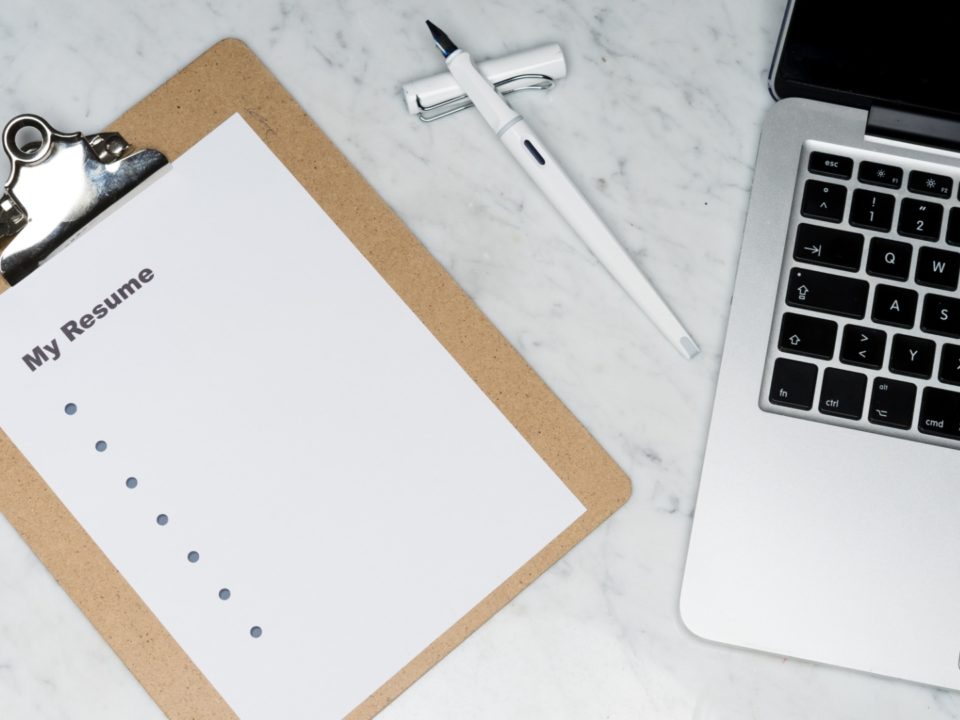The Basics

Once you begin receiving income, a plan on how it will be managed should be the next step in wisely doing so. A budget acts as a plan or road map to financial freedom. This will be an invaluable tool to help prioritize your spending no matter how much or how little you have. You can easily identify wasteful expenses and reach your financial goals. Creating and living by a budget can actually decrease stress because it helps to minimize surprises by setting aside funds for the inevitable.
Basic Categories You Will Want to Cover in Your Budget:
- Giving (Tithes & Offerings)
- Saving
- Housing & Utilities (gas, electric, trash, water, internet)
- Food (groceries and eating out)
- Transportation – Determine whether you will own or use local options. (You will need to cover the expense of a vehicle such as gas, insurance, maintenance for a vehicle you own)
- Personal (Clothing, Haircut, Cell Phone, Fun Money)
- Medical Insurance
If after tracking your expenses, you find there are more expenses than income, you are now in a position to begin developing a strategy.
Discretionary Expenses
Take a hard look at your expenses. Food is a necessity, but do you really need that latte every morning? You could make coffee at home, saving you about $5 a day. Could you eat at home one more time a week? Or consider that premium cable package you’re paying for…do you really need all of those channels? When you start to look at your expenses in terms of needs versus wants, you may be surprised that you can do with much less.
Increase Your Income
If you’ve cut all the expenses from your monthly budget and you’re still operating at a deficit, it’s time to begin thinking of ways to increase your income. The most obvious way to increase your income is to get a second job. Tutor students or babysit for a neighbor. If a second job isn’t a possibility, could you hold a garage sale or sell some of your unwanted goods? Turn your hobby into a business? Or, could you make adjustments to your withholding taxes so that your net pay is increased?
While budgeting may seem restrictive, being in debt is even more so. So begin by tracking your income and expenses, then develop a workable plan which will allow you to take control of your finances instead of them controlling you.
Material taken from the following websites:



